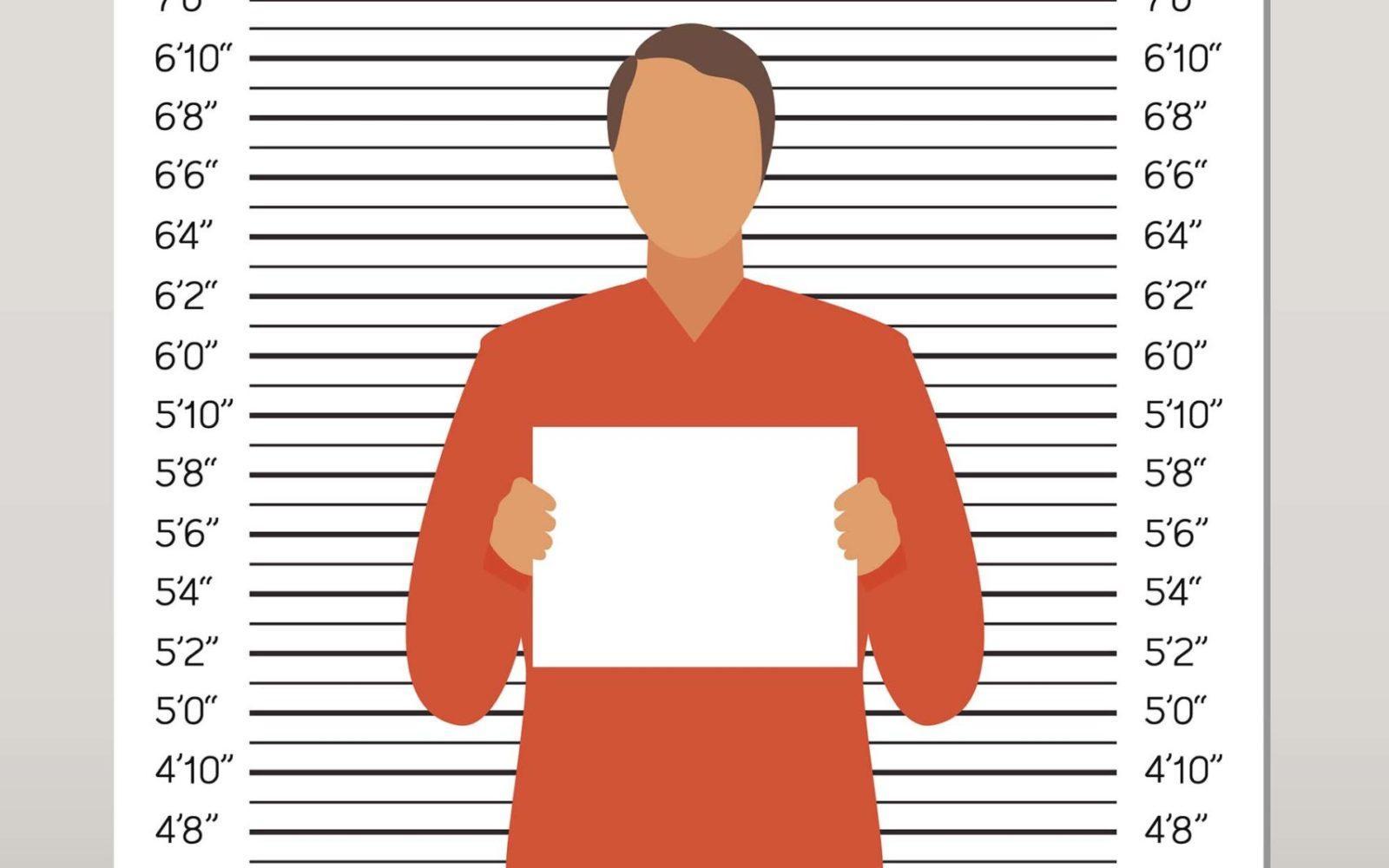Memory Of The Witness: Uncovering The Power Of Testimonial Memory
Memory of the witness is a fascinating subject that dives deep into how human memory plays a critical role in legal proceedings and real-life scenarios. It is a cornerstone of many judicial systems worldwide, influencing decisions that can have life-altering consequences. As we explore this topic, we'll uncover the intricacies of testimonial memory and its profound impact on society.
Testimonial memory, often referred to as the "memory of the witness," is a critical component in understanding how people recall events they have witnessed. It encompasses the cognitive processes involved in observing, storing, and retrieving information from memory. This aspect of human psychology has been studied extensively by researchers and experts alike.
In this article, we will delve into the complexities of memory of the witness, examining its significance in legal contexts, the challenges it presents, and the measures taken to ensure its reliability. Whether you're a student, professional, or simply curious about the subject, this article will provide you with valuable insights.
Read also:Harris Faulkners Illness A Comprehensive Look At Her Health Journey
Table of Contents
- What is Memory of the Witness?
- Importance of Memory of the Witness in Legal Contexts
- Biological Aspects of Memory
- Psychological Factors Affecting Memory of the Witness
- Common Challenges in Testimonial Memory
- Techniques to Improve Memory of the Witness
- Legal Reforms and Policies Regarding Testimonial Memory
- Case Studies: Real-Life Examples of Testimonial Memory
- Expert Opinions on Memory of the Witness
- Future Trends in the Study of Testimonial Memory
What is Memory of the Witness?
Memory of the witness refers to the ability of an individual to recall events they have witnessed and provide testimony in legal or investigatory settings. This type of memory is vital in the justice system, as it often serves as the primary evidence in criminal cases. The accuracy and reliability of testimonial memory can significantly influence the outcome of legal proceedings.
According to research, memory of the witness involves three main stages: encoding, storage, and retrieval. During encoding, individuals perceive and process information from their surroundings. The storage phase involves maintaining this information over time, while retrieval refers to the ability to access and recall it when needed.
How Does Memory of the Witness Work?
Understanding how memory of the witness works requires an examination of the cognitive processes involved. Here are some key aspects:
- Encoding: The initial perception and processing of information.
- Storage: The retention of information over time.
- Retrieval: The ability to access and recall stored information.
Importance of Memory of the Witness in Legal Contexts
In legal contexts, the memory of the witness holds immense importance. It is often the foundation upon which legal arguments are built and decisions are made. The testimony provided by witnesses can make or break a case, highlighting the need for accurate and reliable testimonial memory.
Legal professionals rely heavily on the memory of the witness to reconstruct events and establish the truth. However, the accuracy of testimonial memory can be influenced by various factors, including external pressures, emotional states, and cognitive biases.
Why is Testimonial Memory Crucial in Legal Proceedings?
Testimonial memory is crucial in legal proceedings for several reasons:
Read also:Understanding Discord Neck Beard A Comprehensive Guide
- It provides firsthand accounts of events.
- It helps establish facts and corroborate evidence.
- It influences the decision-making process of judges and juries.
Biological Aspects of Memory
Memory of the witness is deeply rooted in biological processes. The brain's hippocampus and prefrontal cortex play pivotal roles in encoding, storing, and retrieving information. These structures work together to ensure that memories are accurately recorded and accessible when needed.
Neuroscientific research has shown that the reliability of testimonial memory can be affected by factors such as age, health conditions, and neurological disorders. Understanding these biological aspects is essential for improving the accuracy of memory of the witness.
Key Brain Regions Involved in Memory
- Hippocampus: Responsible for encoding and retrieving memories.
- Prefrontal Cortex: Plays a role in decision-making and memory consolidation.
Psychological Factors Affecting Memory of the Witness
Psychological factors can significantly impact the reliability of memory of the witness. Stress, anxiety, and emotional states can distort memories, leading to inaccuracies in testimonial accounts. Additionally, cognitive biases such as confirmation bias and hindsight bias can influence how individuals perceive and recall events.
Experts emphasize the importance of addressing these psychological factors to enhance the accuracy of testimonial memory. Techniques such as cognitive interviewing and mindfulness training have been developed to mitigate the effects of these biases.
Common Psychological Biases in Testimonial Memory
- Confirmation Bias: Tendency to favor information that confirms pre-existing beliefs.
- Hindsight Bias: Belief that an event was predictable after it has occurred.
Common Challenges in Testimonial Memory
Despite its importance, memory of the witness faces numerous challenges. Misleading questions, improper interrogation techniques, and environmental distractions can compromise the accuracy of testimonial memory. Furthermore, the passage of time can lead to memory decay, making it difficult for witnesses to recall events with precision.
Legal systems around the world have recognized these challenges and implemented measures to address them. Training programs for law enforcement officers and guidelines for conducting interviews are examples of initiatives aimed at improving the reliability of testimonial memory.
How to Address Challenges in Testimonial Memory
- Implement standardized interview protocols.
- Provide training for professionals working with witnesses.
Techniques to Improve Memory of the Witness
Several techniques have been developed to enhance the accuracy and reliability of memory of the witness. Cognitive interviewing, for instance, involves using open-ended questions and encouraging witnesses to recall events in a non-linear fashion. This approach helps minimize the effects of cognitive biases and improves the quality of testimonial memory.
Additionally, mindfulness training and stress management techniques have shown promise in reducing the impact of psychological factors on testimonial memory. These methods empower witnesses to provide more accurate and reliable accounts of events.
Effective Techniques for Enhancing Testimonial Memory
- Cognitive Interviewing: Encourages detailed and accurate recall.
- Mindfulness Training: Reduces stress and improves focus.
Legal Reforms and Policies Regarding Testimonial Memory
Legal systems worldwide have implemented reforms and policies to ensure the reliability of testimonial memory. These measures include guidelines for conducting interviews, regulations on the use of leading questions, and provisions for expert testimony on memory-related issues.
Furthermore, advancements in technology have enabled the use of tools such as video recordings and digital evidence to supplement testimonial memory. These innovations enhance the accuracy of legal proceedings and provide additional layers of evidence.
Key Legal Reforms in Testimonial Memory
- Standardized Interview Protocols: Ensures consistency in data collection.
- Expert Testimony: Provides insights into memory-related issues.
Case Studies: Real-Life Examples of Testimonial Memory
Real-life case studies highlight the complexities and challenges associated with memory of the witness. One notable example is the case of Jennifer Thompson, whose mistaken identification of a suspect led to a wrongful conviction. This case underscores the importance of addressing the limitations of testimonial memory in legal contexts.
Another case involves the use of cognitive interviewing techniques in a high-profile murder investigation. The application of these techniques resulted in the successful identification of the perpetrator, demonstrating the potential of such methods in enhancing the accuracy of testimonial memory.
Lessons Learned from Case Studies
- Importance of addressing cognitive biases.
- Effectiveness of cognitive interviewing techniques.
Expert Opinions on Memory of the Witness
Experts in the field of psychology and law have provided valuable insights into the nature of memory of the witness. Dr. Elizabeth Loftus, a renowned psychologist, has conducted extensive research on the malleability of human memory and its implications for legal proceedings. Her work emphasizes the need for caution when relying on testimonial memory as evidence.
Similarly, legal scholars have advocated for the integration of scientific findings into legal practices to improve the reliability of testimonial memory. Their recommendations include the adoption of evidence-based practices and the use of expert testimony in cases involving memory-related issues.
Key Insights from Expert Opinions
- Memory is malleable and can be influenced by external factors.
- Scientific findings should inform legal practices.
Future Trends in the Study of Testimonial Memory
The study of memory of the witness is an evolving field, with ongoing research exploring new techniques and technologies to enhance its reliability. Advances in neuroscience and artificial intelligence are expected to play a significant role in shaping the future of testimonial memory.
As legal systems continue to adapt to these advancements, the importance of interdisciplinary collaboration between psychologists, legal professionals, and technologists cannot be overstated. Together, they can develop innovative solutions to address the challenges associated with testimonial memory.
Potential Future Developments
- Integration of AI in memory analysis.
- Collaboration between disciplines to improve reliability.
Conclusion
Memory of the witness is a critical component of legal and investigatory processes, influencing decisions that can have far-reaching consequences. Understanding its complexities and addressing its challenges is essential for ensuring justice and fairness in society.
We encourage readers to explore this topic further and engage in discussions about its implications. By sharing this article and providing feedback, you can contribute to the ongoing dialogue on testimonial memory and its role in shaping the future of legal systems.
Accuse Your Enemy Of What You Are Doing: The Origin And Psychological Insights
Kemono Vinarchia: A Comprehensive Guide To The Fascinating Character
How Tall Is Kaneki Ken: A Comprehensive Analysis Of The Iconic Character

Memory 1 PDF Memory Witness

Test a Witness’s Memory of a Suspect Only Once Association for

Witness and Documented Memory